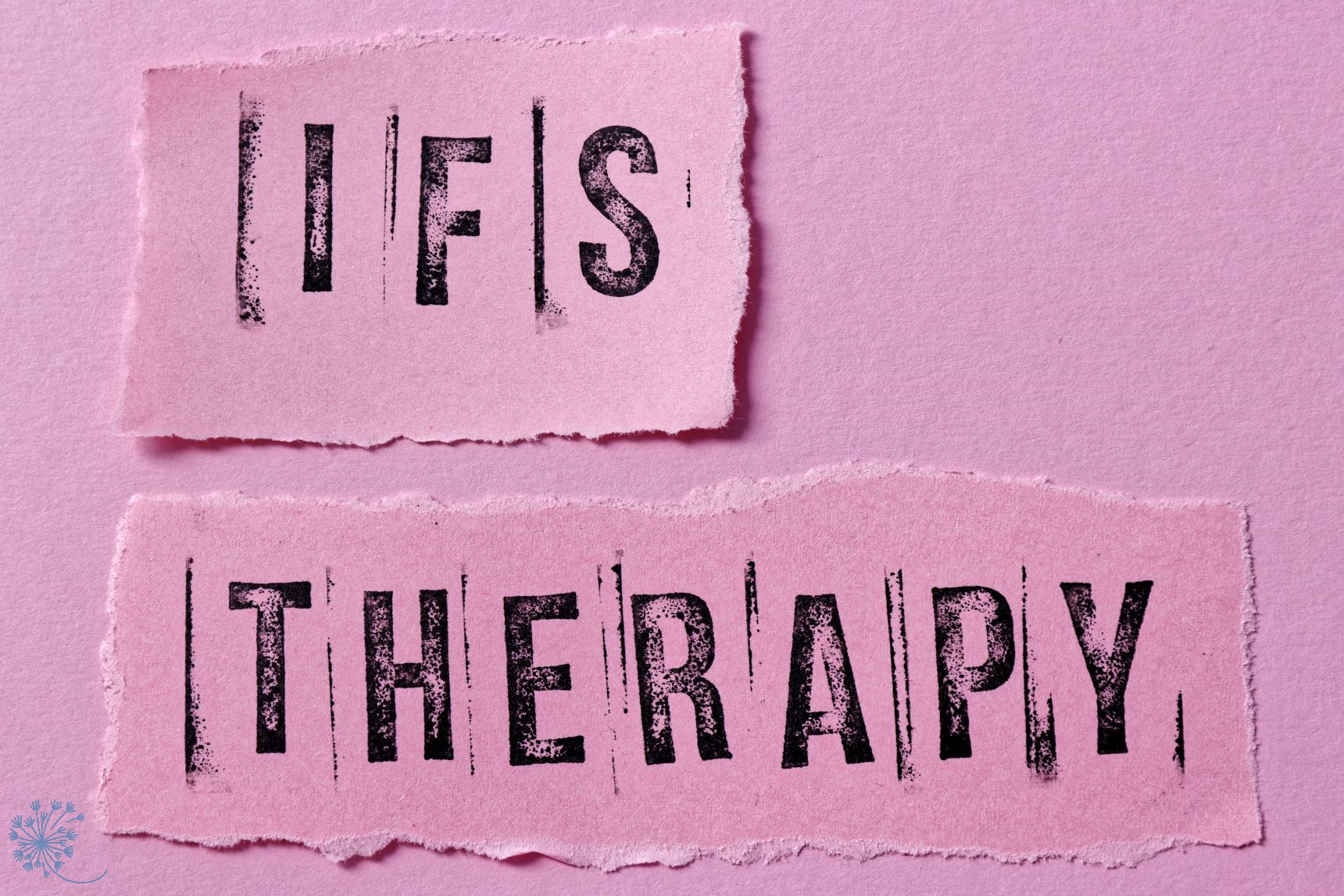Chronic Illness and Chronic Pain
Compassionate Care for Chronic Pain and Chronic Illness in Buckhead, Atlanta: A Holistic Approach to Healing

At our counseling practice in Atlanta, we understand the profound impact that chronic pain and chronic illness can have on every aspect of your life. When you live with pain or illness day in and day out, it’s not just a physical challenge—it also affects your emotional, mental, and social well-being. You may feel disconnected from your old self, struggle with anxiety and depression, and even experience grief over the loss of your former abilities.
We’re here to tell you that you don’t have to go through this alone. Our team is dedicated to providing compassionate, holistic care for individuals dealing with chronic pain and chronic illness, helping you navigate the unique challenges you face while working toward healing and emotional well-being.
Understanding Chronic Pain and Chronic Illness
Chronic pain and chronic illness are often invisible, making it difficult for others to understand what you’re going through. Whether you’re dealing with conditions such as fibromyalgia, arthritis, chronic fatigue syndrome, or other long-term illnesses, the daily pain and limitations can be exhausting. These conditions can also make it difficult to perform everyday tasks, maintain relationships, or enjoy the activities you once loved.
One of the emotional side effects of chronic illness is grief. The loss of your previous physical abilities, independence, or sense of self can lead to feelings of deep sorrow, frustration, and hopelessness. This grief is a natural response to loss, but it is often overlooked in the context of chronic illness. At our practice, we help you acknowledge and work through this grief, so you can begin to heal emotionally while managing your physical symptoms.
The Connection Between Chronic Pain, Anxiety, and Depression
The relationship between chronic pain, anxiety, and depression is complex. Pain affects the brain’s ability to regulate emotions, often leading to increased feelings of sadness, frustration, and fear. The constant physical discomfort can also make you feel isolated, as it limits your ability to engage in activities and connect with others.
Similarly, chronic illness often triggers anxiety about the future. You may worry about how your condition will progress, how it will affect your work or relationships, or whether you’ll ever feel better. These concerns can spiral into a state of chronic anxiety, making it even harder to manage your symptoms.
Depression is another common companion to chronic illness. When pain and illness persist, it can be difficult to maintain hope, leading to feelings of despair and disconnection. The physical toll of chronic illness often depletes your energy, leaving little room for emotional resilience. It’s not uncommon to feel trapped in a cycle of pain, fatigue, and sadness.
Chronic Pain, Trauma, and PTSD/CPTSD
For many individuals, living with chronic pain or illness can be a traumatic experience. Whether the condition developed suddenly due to an accident or gradually over time, the impact on your life can feel like a profound loss. This loss—of ability, independence, or identity—can trigger trauma responses similar to those experienced by individuals with PTSD (Post-Traumatic Stress Disorder) or CPTSD (Complex Post-Traumatic Stress Disorder).
In some cases, chronic pain itself can be a result of past trauma. The body holds onto unresolved trauma in ways that can manifest as physical symptoms, including pain. For those with CPTSD, the pain may be linked to complex emotional wounds from childhood or long-term abuse. In these cases, treating the underlying trauma is essential to managing the physical pain.
A Holistic Approach to Treatment: Internal Family Systems (IFS)
At our Buckhead practice, we take a holistic approach to treating chronic pain and illness, focusing on both the physical and emotional aspects of your experience. One of the most effective treatment modalities we offer is Internal Family Systems (IFS) therapy, which is particularly helpful for individuals dealing with chronic pain, trauma, and emotional distress.
What is Internal Family Systems (IFS)?
IFS is a therapeutic approach that views the mind as being made up of different “parts,” each with its own feelings, beliefs, and reactions. For individuals with chronic pain or illness, certain parts of the self may be in conflict, leading to emotional distress and even physical symptoms. IFS helps you identify and work with these parts, fostering internal harmony and healing.
Identifying Parts: In IFS, we explore the different parts of yourself that may be contributing to your emotional and physical pain. For example, one part of you may be angry about the limitations imposed by your illness, while another part may feel sadness or fear. These conflicting parts can increase stress, which in turn can exacerbate pain.
Healing Trauma: For those with trauma histories, IFS provides a safe space to explore and heal the parts of yourself that carry the burden of past trauma. By addressing the emotional roots of your pain, we can help reduce its intensity and improve your overall well-being.
Self-Compassion: IFS emphasizes the importance of cultivating compassion for yourself, especially the parts of you that are struggling. This self-compassion can be a powerful tool in managing chronic pain and illness, helping you move away from feelings of shame or frustration and toward acceptance and healing.
The Impact of Ableism on Chronic Illness and Pain
Living with chronic pain or illness doesn’t just affect you physically—it also places you at the intersection of societal attitudes and systems that can compound your struggle. Ableism, or discrimination and prejudice against people with disabilities, can be a significant source of stress for individuals with chronic pain or chronic illness.
Ableism manifests in many ways: from inaccessible public spaces and dismissive attitudes from healthcare professionals to social isolation and the pressure to “just get over it.” These experiences can add to the emotional burden of living with chronic pain, making you feel invalidated or invisible.
At our practice, we recognize the harmful effects of ableism and are committed to providing a space where your experiences are validated and respected. We offer support and advocacy as part of our holistic approach to your care, helping you navigate the challenges of living in a world that isn’t always accommodating to your needs.
Effective Treatment Approaches
In addition to Internal Family Systems (IFS), we offer a range of therapeutic approaches designed to support your emotional well-being while managing chronic pain and illness:
- Cognitive Behavioral Therapy (CBT): CBT can help you manage the negative thought patterns that often accompany chronic pain, such as feelings of hopelessness or catastrophizing. By reframing your thoughts, we help you reduce emotional distress and improve your ability to cope with pain.
- Mindfulness-Based Stress Reduction (MBSR): Mindfulness practices are particularly helpful for managing chronic pain, as they encourage you to be present in the moment and reduce your focus on pain or worry about the future. MBSR can also help alleviate symptoms of anxiety and depression.
- Somatic Experiencing: This body-based therapy is designed to address the physical manifestations of trauma, including chronic pain. By working with the body’s natural healing processes, we help you release tension and reduce pain.
- Supportive Counseling: Sometimes, what you need most is a compassionate ear and a safe space to express your feelings. Our supportive counseling services provide emotional support and guidance, helping you process the grief, frustration, and anger that often accompany chronic illness.
Grieving the Loss of Your Former Self
One of the most overlooked aspects of living with chronic pain or illness is the grief that comes with losing the life you once had. Whether it’s the ability to work, engage in physical activities, or enjoy time with loved ones, the limitations imposed by illness or pain can lead to a profound sense of loss.
At our practice, we help you process this grief. Acknowledging the loss and working through the emotions it brings can open the door to acceptance and emotional healing. While it may not be possible to regain your previous abilities, creating a fulfilling life with new meaning and purpose is possible.
Your Journey Toward Healing
We believe that healing from chronic pain and illness is possible, not just physically but emotionally and spiritually. By addressing the whole person—body, mind, and spirit—we help you regain a sense of balance and control over your life.
At our Buckhead practice, we are committed to walking alongside you on this journey, offering compassionate care, effective treatment, and unwavering support. Whether you’re dealing with anxiety, depression, trauma, or the grief of lost abilities, we are here to help you find hope and healing.
Contact Us
If you are living with chronic pain or illness and are ready to explore a path toward healing, we invite you to reach out to us today. Together, we can help you reclaim your life, one step at a time.
Therapy Method Information
Below is more information on some of the types of therapy available for this condition.
Unlocking Healing with Internal Family Systems Therapy: A comprehensive guide to IFS and the categories of Exiles, Managers, and Firefighters






